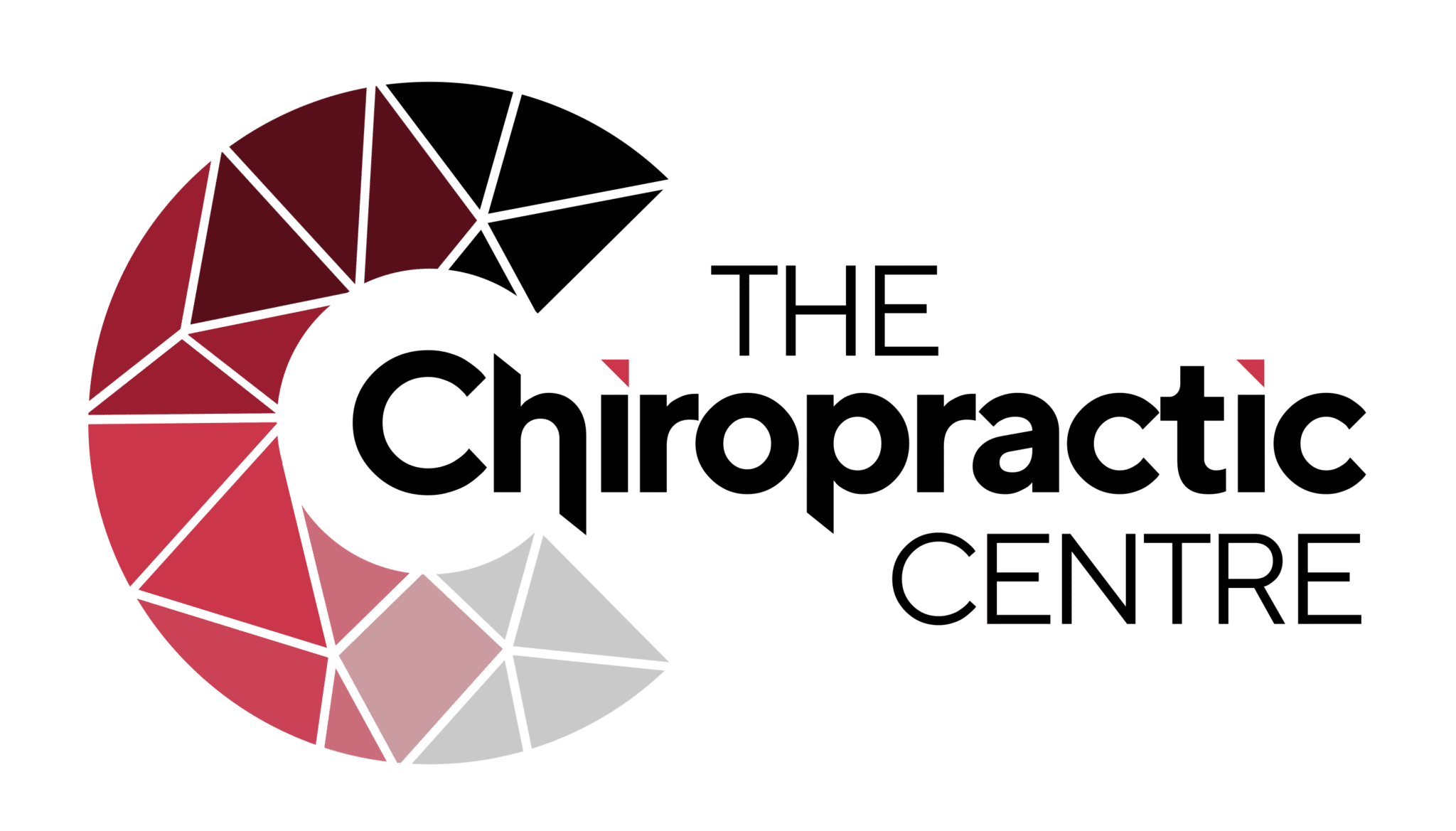Stress is our body’s response to any demand or perceived threat. There are 4 main types of stress which our brain responds to.
Whenever your brain perceives a threat, it gears your body up to enter “fight or flight” mode (survival mode), releasing a flood of chemicals and hormones such as adrenaline and cortisol. This can be helpful to escape dangers, such as a car about to run you over on the street. But a prolonged state of survival mode stops our body from optimal functioning (e.g. poor digestion, sleep and healing).
The stress we encounter from modern day life is triggering our brain to enter the survival mode more than it should, and that’s leading to a global crisis with health. This is a big problem.

Dancing with stress
We can’t escape all the pressures and demands from modern day life, especially if you live in a major city, however, we can learn to ‘dance with stress’ by teaching our brain to adapt and recover from it. There are a number of tools available to us to do this, including:
Mindfulness and Meditation
Mindfulness brings our attention to the present, helping to clear our mind and reduce anxiety. Even a few minutes a day can make a significant difference to reduce stress levels.
Try it yourself: Instead of reading the negative news in the morning, try 15 minutes of meditation, combined with journaling/reading of scripture, or light stretching. Notice how much better you will feel.
Physical Activity
Exercise is an incredible tool for stress relief and long-term health. Whether it’s a brisk walk, yoga, or hitting the gym, find an activity that you enjoy. Even making love with your loved one is great exercise that has many other health benefits as well.

Eating Healthy
What you eat can influence your stress levels. Reducing caffeine and sugar, even a little bit, can moderate your energy levels throughout the day, reducing stress and fatigue. Focus on a balanced diet rich in fruits, vegetables, and healthy proteins (free range produce).
Sleep more
A lack of sleep can exacerbate stress. Prioritize adequate sleep by aiming for 7+ hours of sleep. Establish a relaxing bedtime routine that minimizes light and technology before bed time to help you wind down.
Set time boundaries
Often stress arises from being overworked and being overcommitted. We have a time management problem, and technology isn’t helping us. Take back control of your time by prioritizing tasks and breaking them into smaller steps to manage your workload. Take things ‘one day at a time’. Review all your current commitments and see if they still align with your highest values. If not, consolidate or eliminate.
Prioritize people
In our fast-paced and career-driven society, we can easily neglect the people that matter most to us and make life worth living. We all need community to give and receive love, be connected to one another and thrive holistically. Talk to friends and/or family about your hopes, dreams, feelings and fears. Sometimes, just verbalizing your thoughts can be cathartic and reduce stress.
Engage in deep play
Engage in hobbies and activities that make you happy. Whether it’s reading, gardening, or painting, playing an instrument, singing…hobbies provide a great outlet for stress and they foster that inner spirit of curiosity in us. Hobbies rejuvenate us and keep us fresh.
Who can we turn to for help?
If stress becomes overwhelming, there are professionals we can engage to get strategies and support. These include:
- Counselor
- Psychologist
- Brain-Based Chiropractor (that’s us!)
- Priest/Spiritual Leader
- Hypnotherapist
At The Chiropractic Centre, we can help get your brain into a great state to adapt and recover from stress. We help you do this through brain and nervous system scanning, chiropractic adjustments, brain training and coaching.

